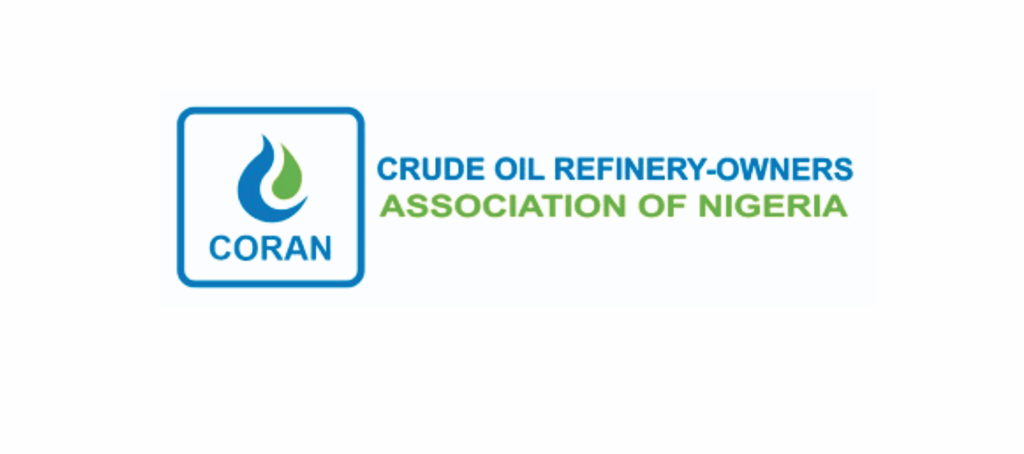Nigerian Refinery Owners Warn of Imminent Petroleum Industry Collapse, Urge Government Intervention

Nigeria’s fragile petroleum sector, the backbone of Africa’s largest economy, is teetering on the brink of collapse. The Crude Oil Refinery Owners Association of Nigeria (CORAN) has sounded the alarm, warning that the survival of local refiners and by extension, millions of households and businesses that depend on them, now hangs in the balance.
![]()
At the heart of the crisis lies a growing dispute between domestic refinery owners and government authorities over access to crude supply, policy inconsistencies, and the mounting financial risks of keeping operations afloat. According to CORAN, the government’s inability to resolve these issues threatens not only the livelihood of refinery workers and their families but also the energy security of the entire nation. Rising fluctuation of fuel prices already squeeze household budgets, forcing families to choose between petrol for generators and other essentials like food and school fees. Small businesses, from roadside food vendors to transport operators, have seen profits evaporate under the weight of escalating energy costs. The prospect of further disruption in petroleum supply raises fears of worsening inflation, job losses, and social unrest.
Refinery operators argue that with fairer access to crude oil and supportive policies, they can help reduce the country’s dependence on imports and stabilize local fuel supply. But they warn that without urgent government intervention, refineries will be forced to shut down, worsening the scarcity and placing even greater strain on ordinary Nigerians.
Politically, the crisis underscores the longstanding contradictions of Nigeria’s oil sector—being both rich in crude yet dependent on imported refined products. Successive governments have promised reform, but systemic inefficiencies, vested interests, and weak regulation continue to frustrate progress. CORAN’s warning now puts the Tinubu administration under pressure to act swiftly, balancing the interests of refinery owners, international oil companies, and the broader public.
![]()
The association has urged the government to mediate disputes, guarantee supply of crude to local refiners at sustainable prices and create an enabling environment for private investment in downstream operations. Industry observers argue that such measures are not just about business, they are about protecting jobs, stabilizing households, and securing the nation’s economic future.
As the debate rages, Nigerians wait anxiously, for the reason that families already struggling with fuel costs, businesses battling to keep lights on and workers, whose jobs depend on refinery gates staying open, the petroleum sector’s survival is no longer an abstract policy issue. It is a fight for stability in their daily lives and for the resilience of a nation built on oil.






